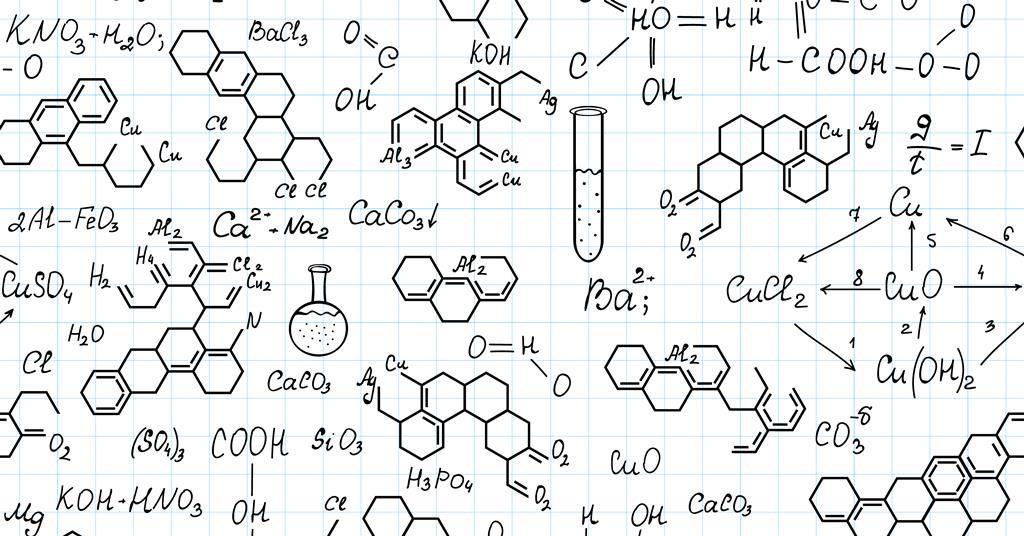Organic chemistry, often referred to as the chemistry of life, is a fascinating branch of science that deals with the study of the structure, properties, composition, reactions, and preparation of carbon-containing compounds. This 1000-word article delves into the intricate world of organic chemistry, exploring its fundamental principles, wide-ranging applications, and its profound impact on our daily lives.
Introduction to Organic Chemistry
Organic chemistry is centered around the study of carbon, a versatile element that forms the backbone of all organic compounds. This unique branch of chemistry covers an immense variety of substances, from simple molecules like methane (CH4) to complex macromolecules like proteins and DNA.
The Uniqueness of Carbon
The versatility of carbon lies in its ability to form strong covalent bonds with other elements, particularly hydrogen, oxygen, nitrogen, and other carbon atoms. This ability allows the formation of a vast array of structures, including chains, rings, and complex three-dimensional frameworks, leading to millions of different organic compounds.
Fundamental Principles of Organic Chemistry
Organic chemistry is governed by several key principles:
- Functional Groups: Specific groupings of atoms within molecules that determine the characteristic chemical reactions of those molecules. Common functional groups include hydroxyl (-OH), carboxyl (-COOH), and amino (-NH2) groups.
- Isomerism: Organic compounds can exist as isomers, molecules with the same molecular formula but different structural arrangements, leading to different physical and chemical properties.
- Chemical Reactivity: The reactivity of organic compounds is largely dictated by the presence of functional groups and the nature of the carbon skeleton.
Types of Organic Compounds
Organic compounds can be broadly categorized into several classes:
- Alkanes, Alkenes, and Alkynes: Hydrocarbons containing single, double, and triple bonds, respectively.
- Aromatic Compounds: Including benzene and its derivatives, characterized by a stable ring of carbon atoms with delocalized pi electrons.
- Alcohols, Aldehydes, Ketones, and Carboxylic Acids: Containing functional groups such as hydroxyl (-OH), carbonyl (C=O), and carboxyl (-COOH).
- Amines and Amides: Organic compounds containing nitrogen atoms.
Organic Synthesis
Organic synthesis is the process of constructing organic compounds through controlled chemical reactions. It is the cornerstone of organic chemistry, enabling the creation of a myriad of substances from pharmaceuticals to plastics. Organic synthesis involves various techniques like addition, substitution, elimination, and rearrangement reactions.
Applications of Organic Chemistry
The applications of organic chemistry are vast and diverse, impacting numerous aspects of modern life:
- Pharmaceuticals: The design and synthesis of drugs rely heavily on organic chemistry. From antibiotics to anticancer agents, organic compounds play a crucial role in medicine.
- Agriculture: Organic chemistry contributes to the development of pesticides, herbicides, and fertilizers, enhancing agricultural productivity.
- Materials Science: Polymers, plastics, and synthetic fibers, all products of organic chemistry, have revolutionized industries, from clothing to construction.
- Food Chemistry: Organic chemistry is essential in understanding food composition, flavorings, colorings, and preservatives.
- Environmental Science: Organic chemists study environmental pollutants, contributing to the development of greener technologies and sustainable practices.
Organic Chemistry in Biochemistry
In biochemistry, organic chemistry helps in understanding the chemical basis of life. It explains the structure and function of biomolecules like carbohydrates, proteins, lipids, and nucleic acids, and how they interact in biological processes.
The Role of Organic Chemistry in Energy
Organic chemistry plays a pivotal role in the energy sector, particularly in the development of renewable energy sources like biofuels. It also contributes to the advancement of battery technology and energy storage solutions.
Challenges in Organic Chemistry
Organic chemistry faces several challenges, including the need for more sustainable and environmentally friendly chemical processes, the development of new synthetic methodologies, and the synthesis of complex natural products.
Organic Chemistry in Everyday Life
Organic chemistry is not just confined to laboratories; it is omnipresent in everyday life. From the clothes we wear to the medicines we take, the cleaning products we use, and the food we consume, organic chemistry is integral to our daily experiences.
The Future of Organic Chemistry
The future of organic chemistry is bright and promising, with ongoing research in areas like green chemistry, medicinal chemistry, and materials science. Innovations in organic chemistry continue to drive scientific progress, offering solutions to some of the world’s most pressing challenges.
Conclusion
Organic chemistry, with its focus on carbon-containing compounds, is a fascinating and essential field of science. It provides the foundation for understanding the molecular nature of life and contributes significantly to various industries and research areas.











